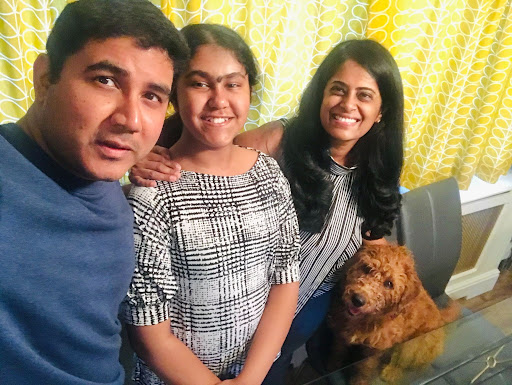
I am a proud British Indian - born in Kenya, raised in India, and worked in the US, Asia, and the UK. Entered the workforce as a programmer, led teams as a project lead, went on to lead large business units of 500+ people across continents. I now lead the Partner Ecosystem for Quatrics in EMEA - a growing ecosystem of more than 120 partners!
When I joined Qualtrics, I was the first woman in a team of 5. We are now a team of 4 women and 3 men. Having a mix of people is only the first step; you have to make sure everyone is given the right visibility and opportunities for success. Ethnic minority employees often come in last in the order of people considered for promotion. This is something leaders should actively manage. In addition, When we talk about diversity, we are inclined to highlight “visible” diversity traits such as gender, age, and physical abilities. However, there are also a lot of “invisible” diversity traits leaders need to acknowledge.
I admire India’s gender-balanced culture. In villages, women and men share responsibilities related to housework and careers, with roles being interchangeable and equal. Of course, there are stigmas that India needs to work on but systems are set up to allow for both men and women to equally thrive in their careers.
Stereotypes and biases are a reality. Being a woman, a person of color, and young means I have had to face constant stereotyping. One of the biggest assumptions I’ve encountered is that Indian people are submissive. I do tend to listen more than talk out of respect for others (which is integral to my culture), which is often misunderstood for submissiveness. When I go into a meeting, people already assume I won’t have a lot to contribute. It sometimes gets tiring to keep having to prove yourself every time something changes. I hope that this will change through better awareness of the risks of stereotyping.
My advice to people facing challenges because of ethnicity misconceptions and stereotyping is to be the change you want to see! We are the victims but we also play a role in perpetuating stereotypes. If you face something difficult, face it head-on. Awareness is probably at an all-time high, so it’s a good moment to challenge unconscious bias in others.
Prioritisation was important in order to achieve my goals. I studied at a top university in India, got married at 22, and moved to the US for 5 years. We then moved to London with a baby for me to start a very intense MBA at London Business School. I could not have done it without my husband - he’s the world's biggest feminist.
Qualtrics is growing, and if you're ready to find your "why" at a place like this, you can explore our open opportunities at any time by visiting our career page or by joining our talent community.
 |
Shobana is an alumnus of the National Institue of Technology Tiruchirappalli, the Massachusetts Institute of Technology, and the London Business School. She started her career at Cognizant. |
|---|
See more of the Qualtrics Life on Facebook, Instagram, and Twitter.